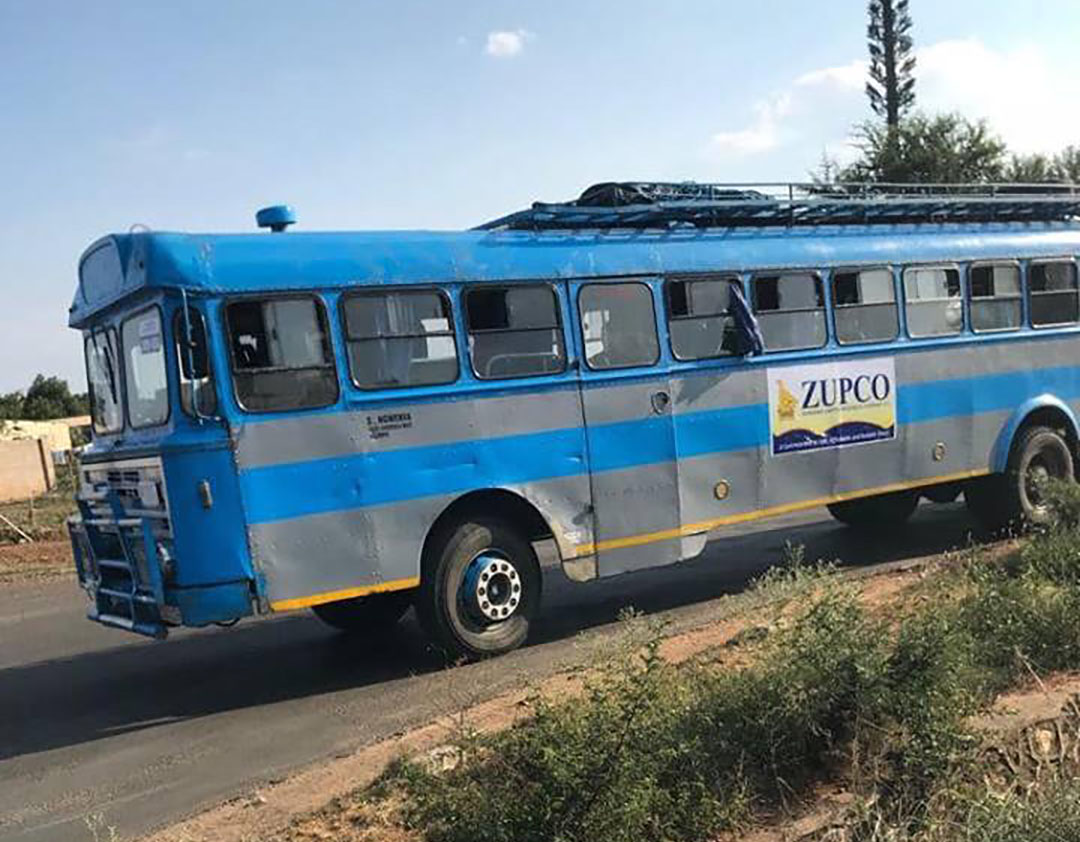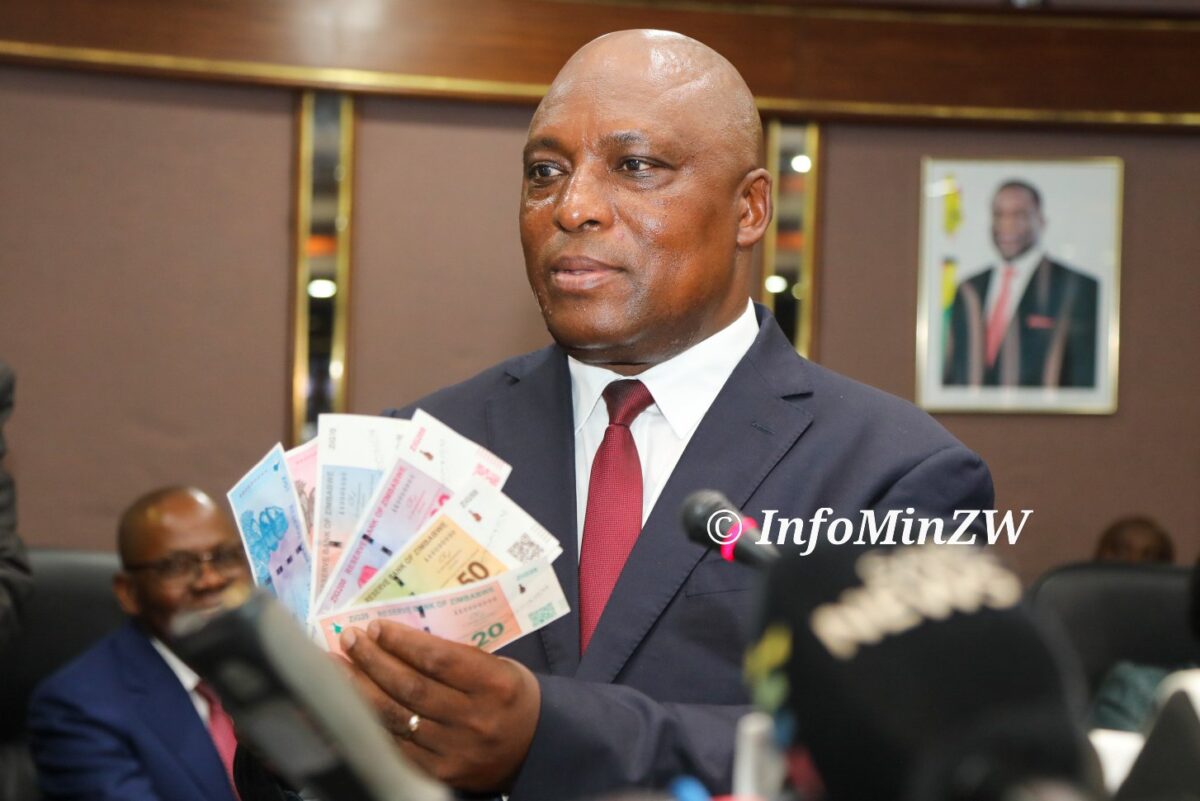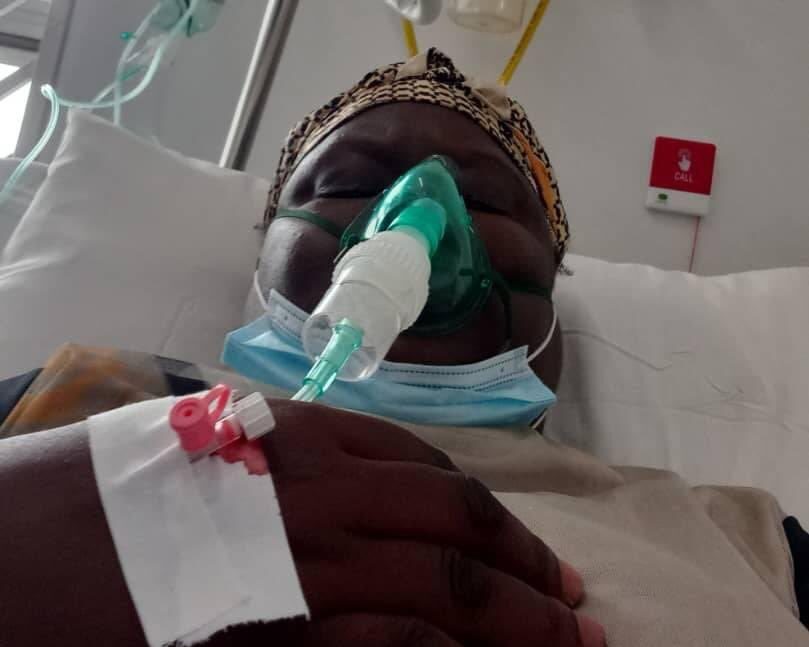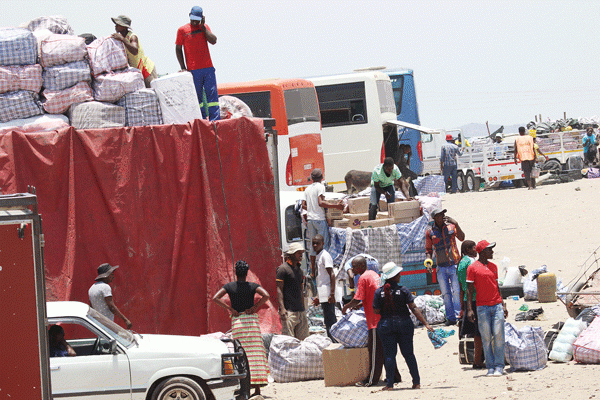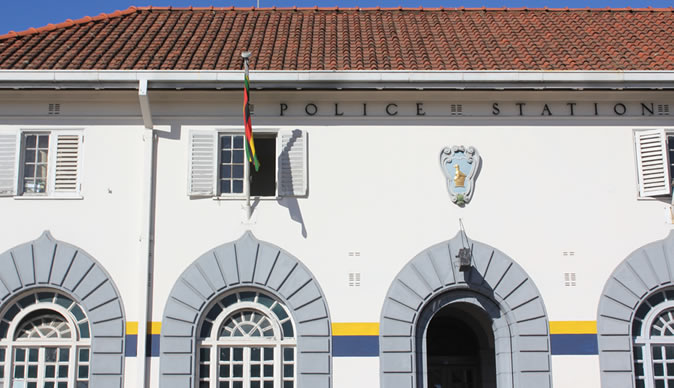HARARE – The government is sinking more money in urban transportation after announcing a reduction in fares of its already subsidised ZUPCO bus network.
Commuter omnibus operators raised prices by 50 percent last week, citing fuel shortages and rising maintenance costs.
The government responded on Monday by announcing that ZUPCO buses would be reducing fares by the same margin in a move that appears calculated to keep a lid on growing resentment of President Emmerson Mnangagwa’s government.
The latest subsidy, dubbed ‘Operation Restore Sanity in the Urban Centres’, was announced by Finance Ministry Secretary George Guvamatanga.
The new fares will come into effect on Tuesday, May 21.
“This has been necessitated by the need to cushion the travelling public,” Guvamatanga said.
For distances of between one and 20km, ZUPCO is reducing its fares from RTGS$1 to RTGS$0.50, while kombis are charging RTGS$1.50 for the same. For distances of between 20km and 30km, the fare is down to RTGS$0.75 from RTGS$1.50 and commuters will pay RTGS$1 down from RTGS$2 for 30-40km journeys, Guvamatanga announced.
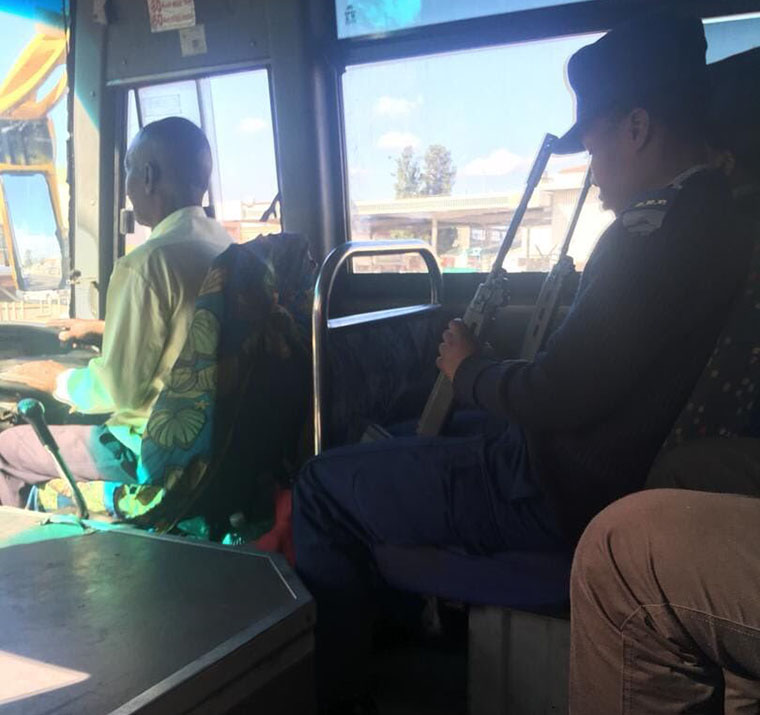
Critics say the latest subsidies are unsustainable and will compromise ZUPCO’s long-term viability.
The government is desperate to keep a lid on runaway prices of goods and services which have eroded the incomes of workers, including the over 300,000 restive public sector workers who are pressing for significant salary increases.
Many workers, their salaries unable to match their expenses, are now staying at home as pressure builds on the government to get a handle on the economy.
The latest subsidy was announced on the same day that the Reserve Bank of Zimbabwe said it was dropping the 1:1 exchange rate between the RTGS dollar and the United States dollar that was being used by fuel companies companies to access foreign currency from the central bank to fund imports.
“How that subsidy will be funded is not stated,” said political commentator Alex Magaisa. “The government knows ditching the 1:1 fraud will lead to price increases in fuel, transport fares and other commodities hence the ZUPCO subsidy. It’s designed to forestall protests. But how sustainable is this scheme in the long run? And what about other commodities?”

